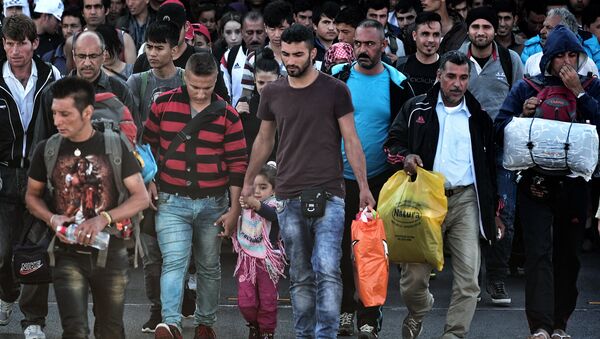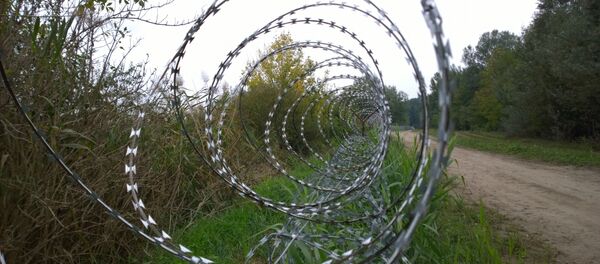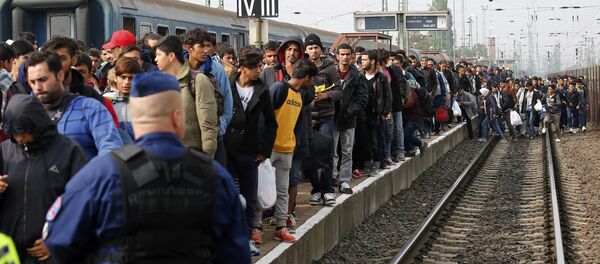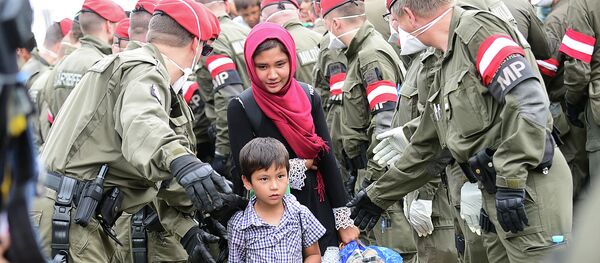Vasily Raksha — During the old peaceful times school graduate Ahmed helped his father with shawarma business in the Iraqi town of Jalawla. Their life was complicated by religious disagreements but was still tolerable. But when Islamic State terrorists assaulted the town, aimed to massacre all Kurds, the young man's family fled the violence, finding safe haven in Turkey.
Ahmed's father bore arms against the aggressor and joined Peshmerga — the Kurdish military formation — and left for Syria. He never returned.
"I want to see my father's grave but I can't and I don't even know where it is."
So the migration scheme with men being the pathfinders may have three reasons: first, men are the most probable targets of wars and want to survive; second, Muslim men are more socially active than women which is important for getting documents and integrating in Europe; third, women have to take care of a lot of children in big Muslim families. So Middle Eastern refugees kill all those ducks with one stone: they save the men from war and get a stronger foothold in Europe at the same time.
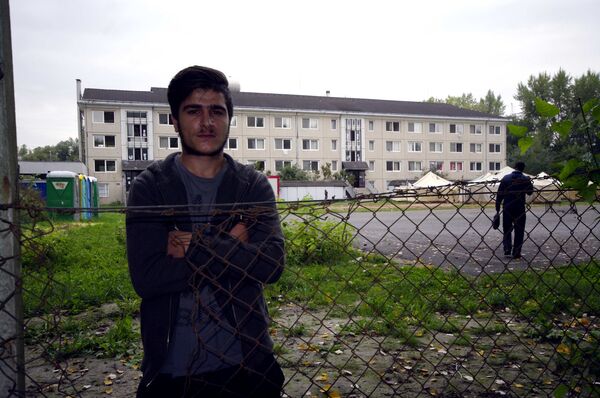
He dreams about becoming a football player.
"I play very good football! I played in Sweden in the town of Goteborg for five months!"
He has spent six months in a refugee camp near the Hungarian town of Gyor asking the authorities to "delete his fingerprints and give him his passport" because he does not want to stay in Hungary, though he likes locals.
"All of Europe is good. Only Hungary is bad: little money, little food."
The camp does not have many kinds of entertainment: tennis and billiard are gone, and its inhabitants have to play football with a basketball ball. They have only one TV-set for all.
"Here we only sleep and look at our phones."
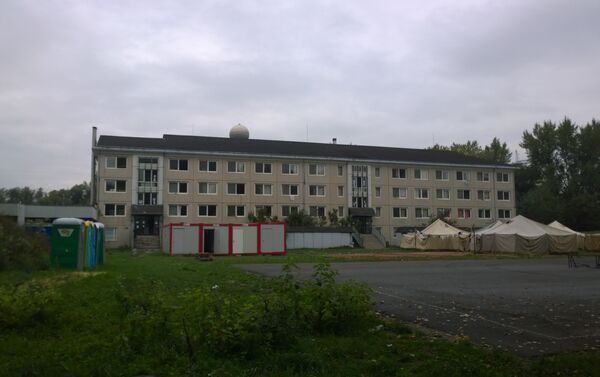
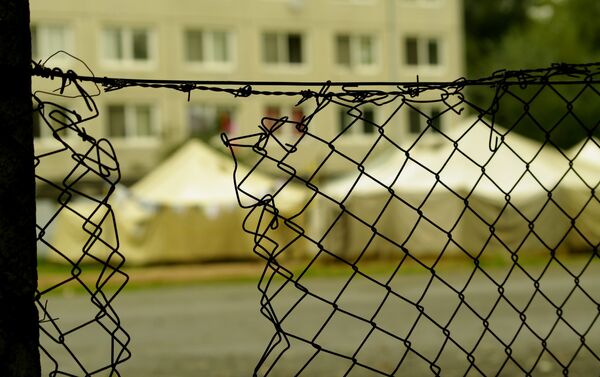
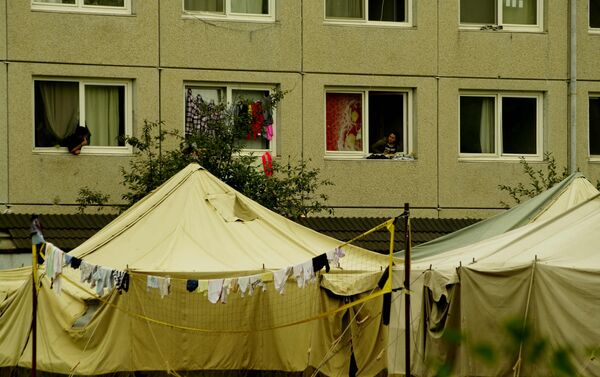
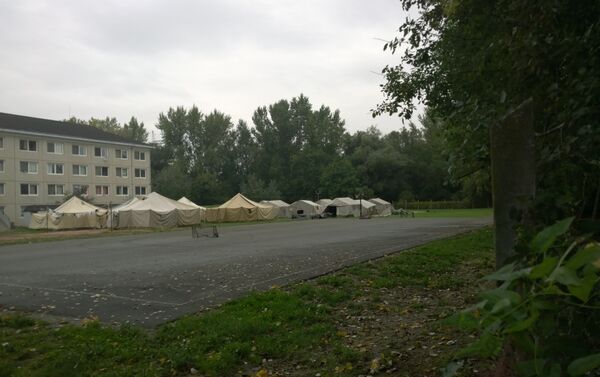
The young man grumbled at Hungarian girls who rejected his attempts to become acquainted.
"I went to discos, and the girls are nice, but when me and all people from Syria, Afghanistan and Pakistan say ‘hello' and try to speak to them they just turn their backs on us."

